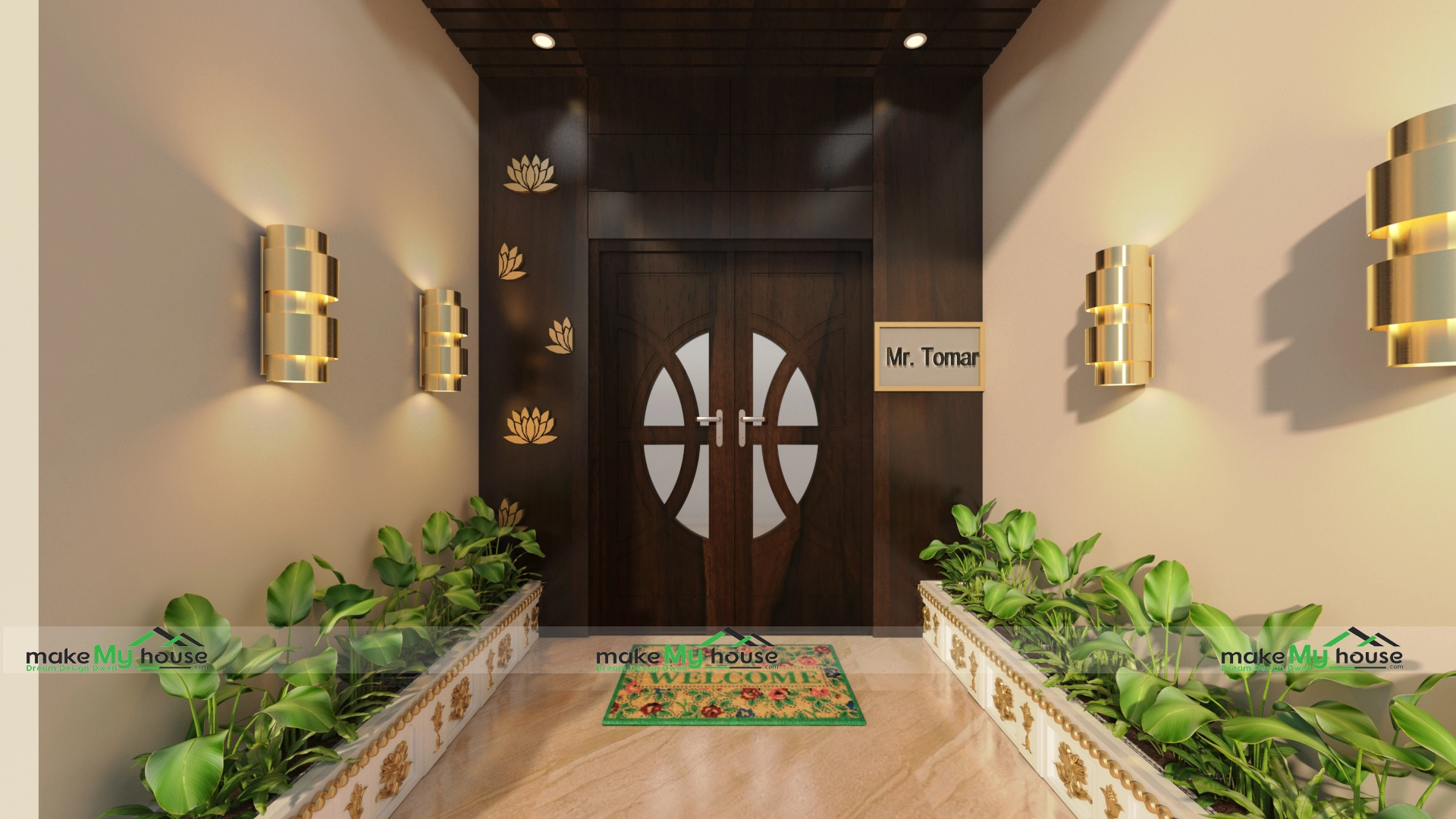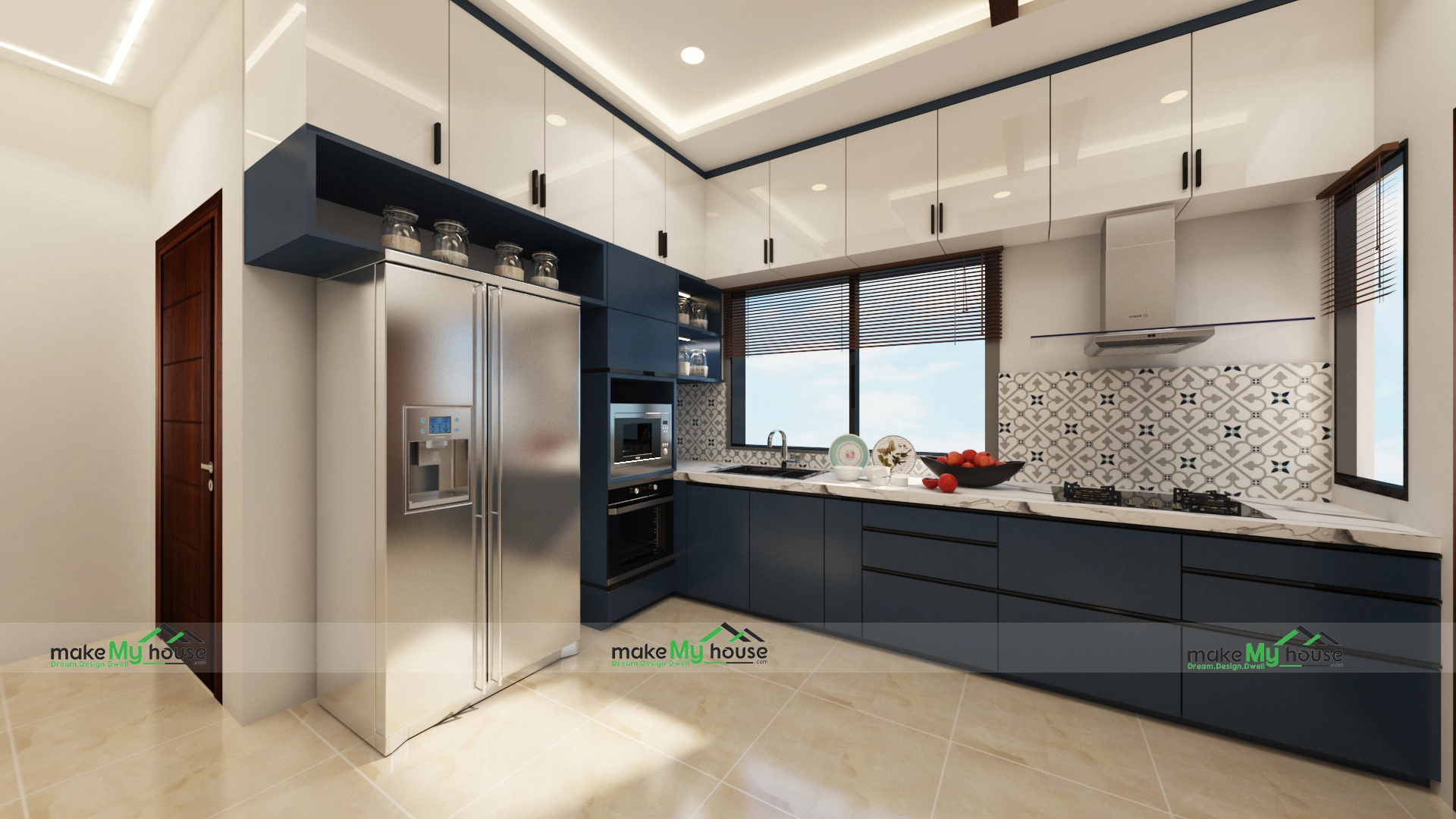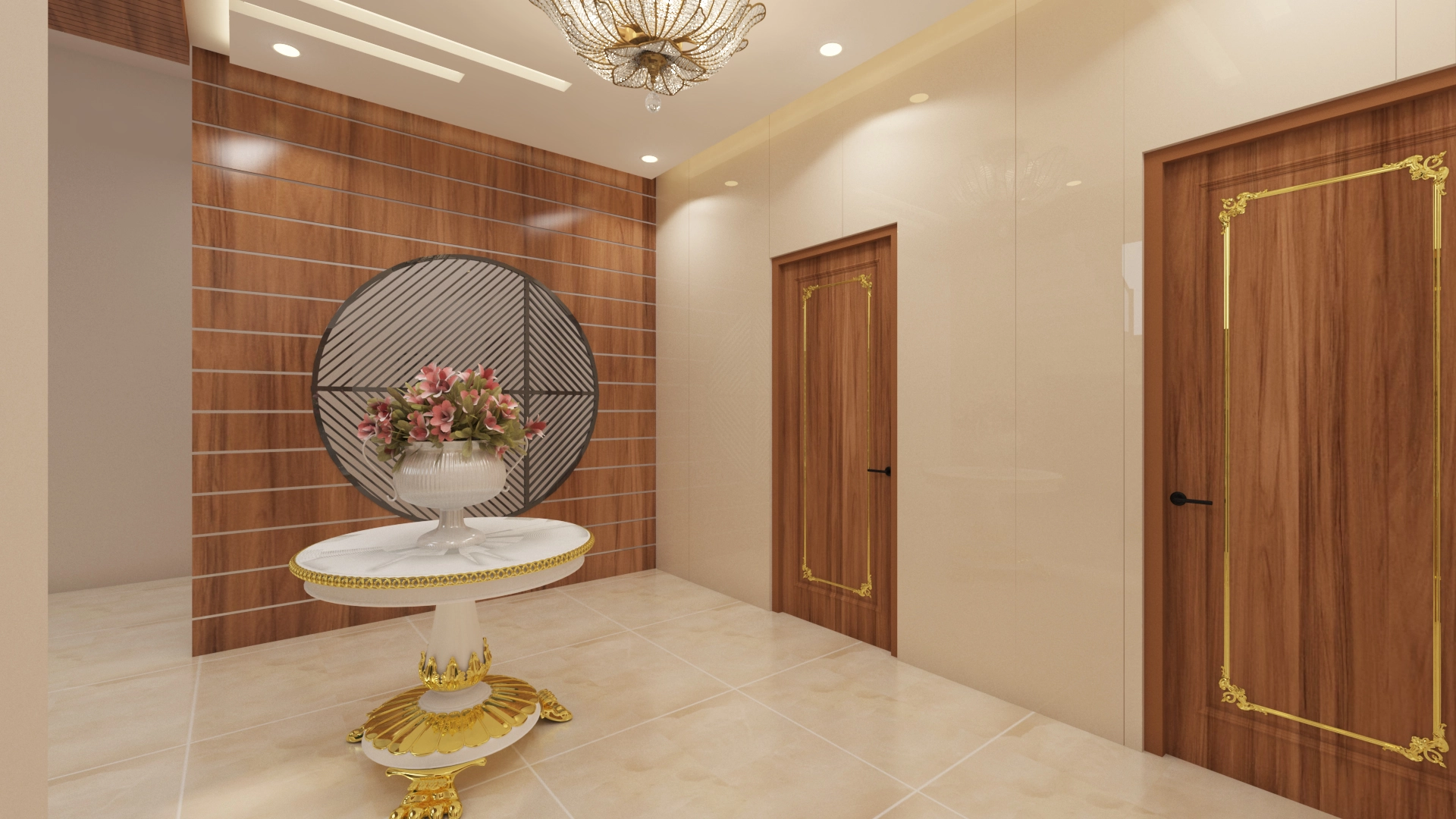What is Vastu?
Vastu Shastra is a traditional system of architecture and design that originated in India thousands of years ago. It is based on the belief that the alignment and design of a building can have a significant impact on the well-being and success of the people who live or work in it. Vastu for home provides the best placement practices for furniture, water, dining table, and all other objects in a house for inducing a pleasant living environment.
According to Vastu, certain spatial arrangements and designs can enhance positive energy and harmony while reducing negative energy and discord. For example, principles related to Vastu for home dictate that certain directions and orientations are more auspicious for specific functions, such as sleeping or working, and that specific materials and colors should be used in certain areas of a building.
While there is no scientific evidence to support the efficacy of Vastu, many people in India and other parts of the world believe in its benefits and incorporate its principles into their homes and workplaces. They believe that following Vastu can promote physical, mental, and spiritual well-being, as well as bring good luck and prosperity.
Ultimately, whether or not one believes in Vastu and its principles, is a personal choice. However, for those who do believe in it, following Vastu can be an important aspect of creating a harmonious and balanced living or working environment.
Indians believe in Vastu for various reasons, including cultural and religious traditions, practical considerations, and personal beliefs. Cultural and religious traditions play a significant role in Indian society. Vastu is considered to be an ancient science that is closely linked to Indian culture and is often associated with Hinduism, one of the major religions in India.
In addition, practical considerations are also quite a significant aspect of Vastu. Indians believe that following Vastu principles can help to create a functional and efficient living or working environment. For example, following Vastu guidelines for the placement of doors and windows can help to improve the flow of natural light and air, which can lead to better health and well-being.
Personal beliefs and experiences also contribute to the acceptance of Vastu. Many Indians have experienced positive results from following Vastu principles, such as improved health, success, and prosperity. These personal experiences reinforce the belief in Vastu and encourage others to follow its principles.
Overall, Indians believe in Vastu for a combination of cultural, practical, and personal reasons, and consider it an important aspect of creating a peaceful and balanced living or working environment.
What to keep in mind when planning for Vastu?
Here are some tips for having proper Vastu in your home:
- Entrance:
The entrance to your home is considered to be the gateway for positive energy. Make sure your entrance is well-lit, free of clutter, and faces an auspicious direction such as east, north, or northeast.

- Bedroom:
A bedroom is a place of rest, so it is important to ensure that it is designed according to Vastu guidelines. Place the bed in the southwest corner of the room and avoid placing mirrors, TV, or electronics in the room.
- Kitchen:
The kitchen is considered to be the heart of the home, and its design and placement can have a significant impact on the overall energy of the house. According to south facing house Vastu, the kitchen should be placed in the southeast corner of the home, and the cooking stove in an east or southeast direction.

- Colors:
Colors can have a significant impact on the energy of a space. Use light and bright colors for the walls, such as white, cream, light yellow, or light green, as they are believed to promote optimism.
- Furniture placement:
Arrange the furniture in a way that promotes a free flow of energy and movement. Avoid clutter and ensure that there is enough space to move around easily.

- Natural elements:
Natural elements such as plants, flowers, and natural light can promote positive energy in a home. Add plants and flowers to your home, and ensure that there is ample natural light.
- Cleanliness:
A clean and clutter-free home promotes positive energy. Ensure that your home is regularly cleaned and de-cluttered to maintain a pleasant and homely environment.
By following these Vastu tips, you can create a welcoming and proportional living space that promotes positive energy and well-being.
What to avoid!
Certain things and practices are considered to be inauspicious and can create negative energy in a home. Here are some points that go against Vastu:
- Clutter and disorganization:
A cluttered and disorganized home is believed to create negative energy and obstruct the flow of positive energy.
- Broken or leaking fixtures:
Any broken or leaking fixtures in the house, such as a broken window or faucet, are believed to create negative energy.
- Mirrors in the bedroom:
Mirrors in the bedroom are believed to bring negativeness and disturb the peaceful atmosphere of the room.
- Sharp corners and edges:
Sharp corners and edges in furniture and architectural designs are believed to create negative energy and should be avoided.
- Staircases in the center of the home:
Staircases in the center of the home are believed to obstruct the flow of positive energy and should be avoided if possible.
- Placing the head of the bed towards the north:
Placing the head of the bed towards the north isn’t considered appropriate according to north-facing house vastu as it disturbs the sleep patterns of the occupants.
- Electronic devices in the bedroom:
Electronic devices such as TV, computer, or mobile phones in the bedroom are believed to create negative energy and disturb the peaceful atmosphere of the room.
By avoiding these things and practices, you can create a positive and harmonious living space that brings comfort and well-being.
Frequently Asked Questions About Vastu
Q: What is Vastu consultancy?
Vastu consultancy is a traditional Indian practice of architecture that involves creating living spaces in harmony with natural elements and energies.
Q: What are the benefits of Vastu consultancy?
Vastu consultancy can help create living spaces that promote health, wealth, and happiness. It can also help correct any imbalances in the natural energies surrounding the living space.
Q: Can Vastu consultancy be done remotely?
Yes, Vastu consultancy can be done remotely through video calls or phone consultations. However, an in-person consultation is usually preferred to get a better understanding of the space.
Q: How does Vastu consultancy work?
Vastu consultancy involves analyzing the layout and orientation of a building and making adjustments based on the principles of Vastu. This may involve changes to the positioning of rooms, doors, and windows, as well as the use of colors and materials.
Q: Is Vastu consultancy a religious practice?
While Vastu has its roots in ancient Hindu texts, it is not a religious practice. It is a science of architecture and design that can be applied to any living space regardless of religious beliefs.
Q: How much does Vastu consultancy cost?
The cost of Vastu consultancy can vary depending on the consultant’s experience and the size of the space. It is best to inquire about pricing before scheduling a consultation.












Require elevation and interior design